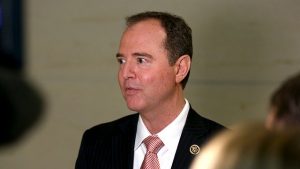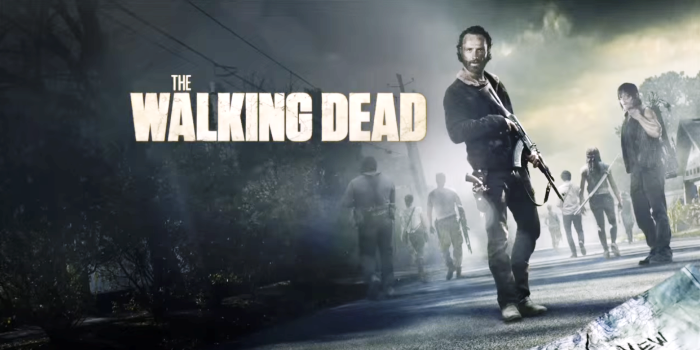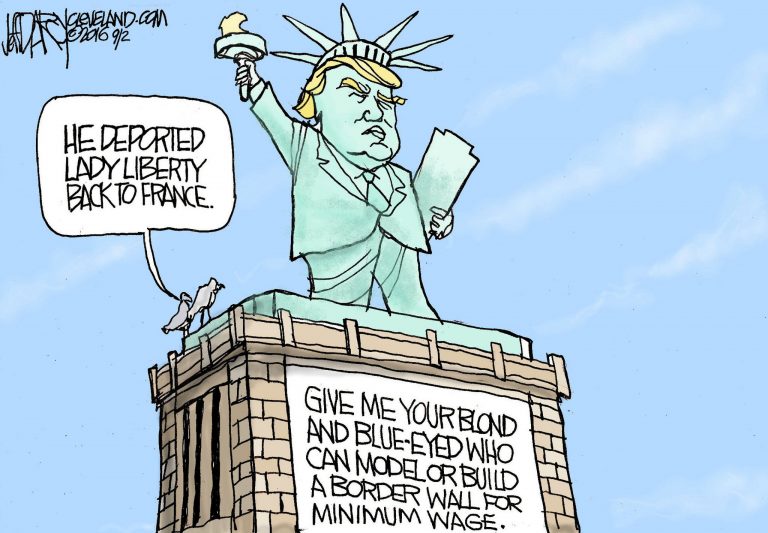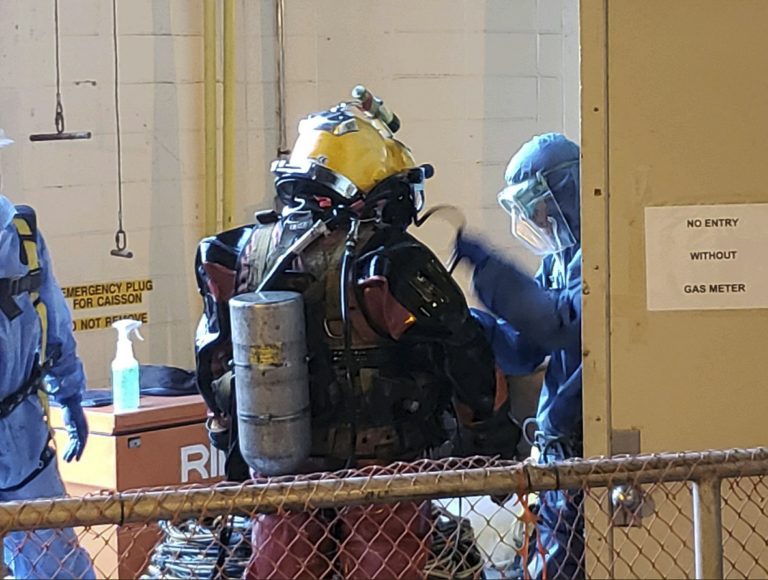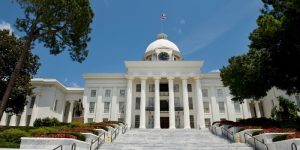Let’s get the obligatory spoiler warning out of the way: if you care even a little bit about The Walking Dead, then you know there was a new episode this past weekend, which I shall discuss in broad strokes. If you were waiting for a day off to watch it on DVR, or holding out to binge the entire season at once, or just don’t care to know anything that happens until the DVDs come out, stop reading now. I promise that I won’t be mad.
With that out of the way: has anyone else noticed that this show is really about the America that exists, as if the creators are using a zombie story to trick us all into a meditation on why we are the way we are? If it wasn’t obvious before, it should be now. The Walking Dead subtly portrays the country which produces brain dead Donald Trump voters, that launches ill-advised and unnecessary resource wars with unintended consequences, and then falls back into its fears so desperately that they become self-fulfilling prophecies.
Having met a character who calls himself ‘Jesus’ and has the power to separate warring parties with his innocent, outstretched hands while wearing a miraculously-glowing white shirt, Rick and the last survivors of the Atlanta group were led to a heaven of sorts — a walled compound like their own, but centered on an historic plantation house, and not cursed by their food or medicine shortages. There is no residence more American or Southern than a columned manor home. ‘Jesus’ explains that survivors have come to this location because it represents the way things have always worked, and always will. The metaphors are obvious.
As usual, things are not as simple or easy as they appear. Gregory, the leader of the Hilltop Colony, may not be a sociopathic schemer like The Governor was, but he is a tough negotiator in what we are told is an emerging new mercantilist economy of survivor settlements that grow and trade surplus crops. Yes, the world has ended, and everyone has been sharing like socialists, but now the survivors are going right back, carving out a new capitalist system driven by demand and supply.
Before the end of the season, personal enrichment will be the ultimate goal, as profit is a universal human default setting. Rather than reach the end of human history, the characters on The Walking Dead have returned to its beginning, where all our failings are reenacted. The Governor, for example, was a cipher for the men (they are mostly men) that have shaped societies through cults of personality, ritual violence, and loyalty systems. The prison where Rick and his ragtag band tried to establish a safe home? Not only does it speak to America’s place as the world’s greatest incarcerator, but it stood in for all the fences we erect to keep ourselves safe — only to limit our own freedom.
Importantly, Hilltop Colony has food, but lacks firearms. Residents operate a forge to make spears, which are good enough to handle a few zombies as they press against the wall yet insufficient for driving off the humans who plague them. And indeed, we learn that the Hilltop Colony is beset by an adversary, so Rick and his hungry group agree to solve the colony’s problem using their homicidal skill-set next week. Gregory and ‘Jesus’ end the show agreeing to share their resources with the people of Alexandria in exchange for a promise that they will not become new oppressors, but rather protect Hilltop, creating space for a new civilization to thrive. Of course, Rick began the series as a law enforcement officer, a civil society role which he unwisely tried to resume in its traditional format behind the walls of Alexandria during Season 5. This new plot may complete his transition from sheriff’s deputy to warlord, a prospect which makes me really miss Dale.
If you’ve forgotten Dale, the character played by Jeffrey DeMunn in a boonie hat, it’s probably because you were overcome with grief that he died in such a painful and messy scene during Season 2. A grizzled hippie, Dale was the conscience of the Atlanta group in many ways, and much of their remaining humanity and civilized feelings died with him. Before his grisly demise, Dale was single-handedly trying to restrain the group from executing Randall, a scout for one of the roving gangs of reapers whom they had captured. He was, in effect, the world’s last defense attorney, and his passing was the final death rattle of constitutions and laws. Taking place before the Atlanta refugees left the Greene farm and descended into the brutalism of the wilderness, Dale’s absence left no one to speak up for the accused and condemned. Similarly, without Hershel Greene, there is no negotiation or compromise. The world of The Walking Dead has been stripped of such moral quandaries, giving power to the strong. While racial tension has more or less been erased in this dystopian landscape, the new politics of the show are as black-and-white as a police car. Answers are simpler and more savage: this is a world neatly arranged for authoritarians. The ever-present threat of zombies tends to preclude questions of evidence or guilt, always foreshortening efforts to achieve consensus. Pleadings will undoubtedly be heard, but judgment will be swift and final.
What then? What can you do when your new regime is covered in gore? As Americans, Rick and his friends will have the forgiveness of a white-clad ‘Jesus’ and a bargain with a southern aristocrat to make them feel better. It’s almost like they never really left Atlanta.




